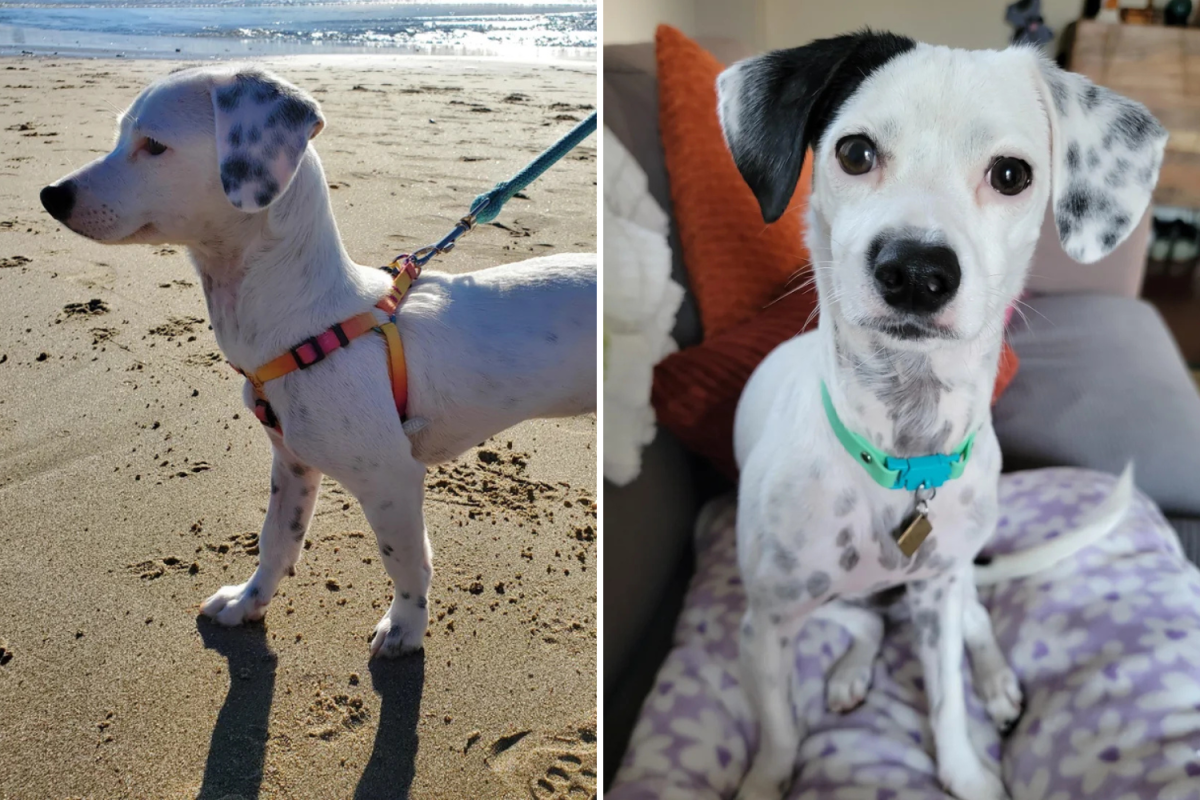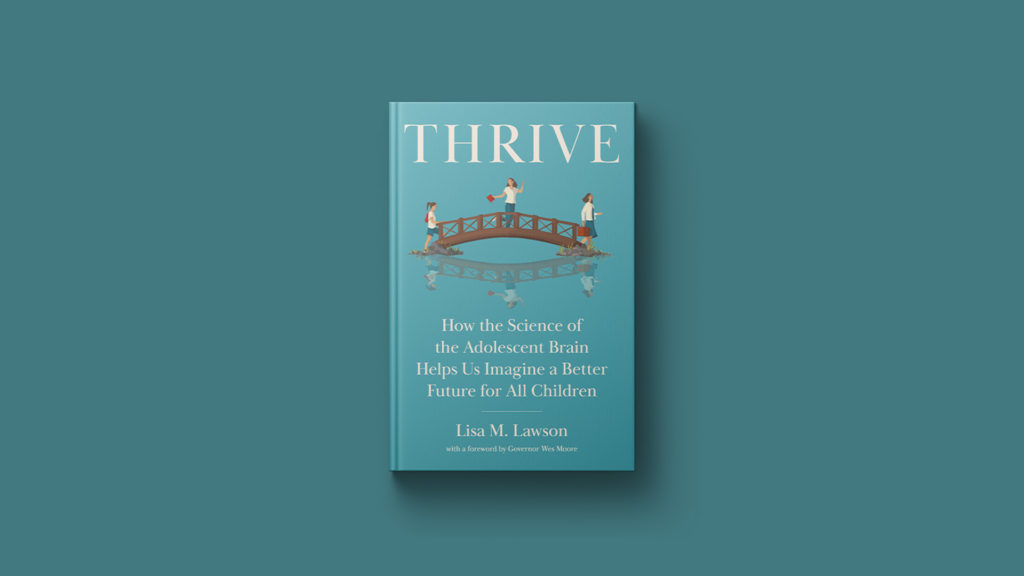
When Allie, from Southern California, adopted her dog from a local rescue last year, she wasn’t prepared for how often she would be asked about her breed.
At just 4 months old, Lydia’s long body and striking coat caught everyone’s attention—often sparking debate over what mix of breeds she is.
“Her coloring and her long shape were so unique that I could not contain my curiosity. The rescue tagged her as a dachshund mix, but I needed to know for sure,” Allie told Newsweek.
She first tested Lydia with Wisdom Panel, one of the most widely used canine DNA testing companies. But when strangers continued to challenge the results, she decided to double-check with Embark, another leading provider, just to settle the arguments once and for all.
In a post on Reddit’s popular r/DoggyDNA subreddit, Allie said that she had decided to get a second dog DNA test “to stop arguing with strangers.”
Allie isn’t the only one turning to science for answers about their pet. Grand View Research reports that the U.S. pet DNA testing market generated about $144.4 million in 2024, and is projected to grow to $234 million by 2030.
Surprising Results
When the results came in, Allie shared them with the world, and they offered a surprising insight to Lydia’s heritage.
The results found that Lydia is 33 percent Yorkshire terrier, 25 percent Chihuahua, 9 percent poodle and a smaller mix of a number of other breeds including Pomeranian and even American Akita.
“Most people guess Jack Russell or Dalmatian puppy,” Allie said. “I’m not sure why people insist they know better than a DNA test, but it does help when I say, ‘Well, we tested with two of the most-reputable brands, and they had virtually the same results,’ so I trust they’re fairly accurate.”
Although many commercial dog DNA tests claim high accuracy, peer-reviewed research suggests there is some variation in results. In a 2024 comparison of six consumer kits submitted with known purebred dogs, researchers found that, while most tests included the correct breed in the output, photos of the dogs could sometimes influence the results.
When scientists deliberately paired a DNA sample with a mismatched photo, the reported breed mix sometimes leaned more toward what the picture looked like instead of what the DNA actually showed.
Despite the debates, Allie is simply thrilled to have Lydia by her side. The year-old pup has grown taller and less “weenie-looking,” but she still attracts attention wherever she goes.



